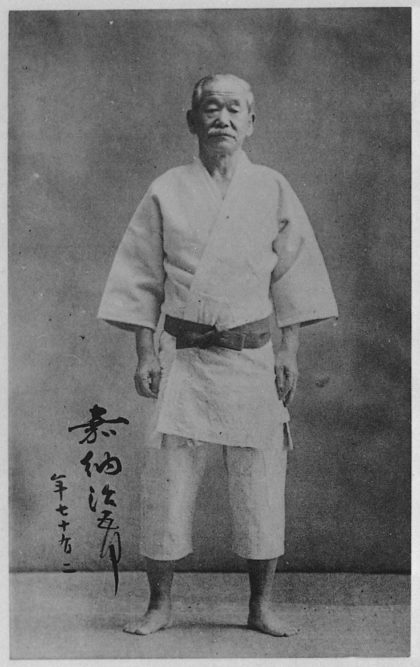 In 1988, I watched my teacher practicing a weapons form in a university gymnasium nearby. He went from one end of the basketball court to the other, back and forth, repeatedly. This continued for 45 minutes. At some point, he dropped the weapon. I didn’t know if his hands were sweaty or he had been working so hard that he became fatigued. But whatever the reason, I immediately – instinctively – turned away.
In 1988, I watched my teacher practicing a weapons form in a university gymnasium nearby. He went from one end of the basketball court to the other, back and forth, repeatedly. This continued for 45 minutes. At some point, he dropped the weapon. I didn’t know if his hands were sweaty or he had been working so hard that he became fatigued. But whatever the reason, I immediately – instinctively – turned away.
I wanted to hide. But it wasn’t out of embarrassment for him – it was out of respect and esteem for him.
See, I didn’t want my teacher to know that I saw him falter. To be honest, it was my way of preserving the relationship. I wanted to keep him in the exceptional place of “teacher”, and so I chose to look away. If he had looked up and saw me there, I didn’t want him to know that I witnessed him make an error.
This is indicative of how traditional martial arts setting works. You have a teacher, a senior student and a junior student (in the dojo we say “sensei”, “sempai” and “kohai”). And the value of these relationships is in their verticality: like a mountain climber, we have someone who has gone before (which is what “sensei” means) to boost us, lift us and elevate us when we need it most. That system helps when we require direction, either in technique or in personal growth.
In order for this to work, though, we have to really seek to understand what it means to value another person’s experience. See, the void in our experiences compared to our teacher’s, is a place of humility and constraint. The distance between us is what keeps us together. And that’s our access point. It’s like we need to accept, even enjoy, that gap; then we get to apply it as a motivational principle to advance when we’re ready.
My choice to look away during that afternoon in the gymnasium was to preserve the gap between us. As paradoxical as it seems, it was a way to strengthen the bond between us.
Now I’m not suggesting that we celebrate the mistakes or suffering of our teachers, but we can learn from them. Witnessing a mistake without judgment – to recognize moments when they lose their footing and then regain it – is wisdom for the student.
If we’re serious, we don’t really want the teacher to climb down to meet us. Instead we want them – sometimes even have to allow them – to stay just out of reach so we have something valuable, honorable, to climb towards.
– Gene Dunn & Foundation of Love
For more about our larger project of cooperative Jiu-Jitsu and martial arts training, please visit the
Brooklyn Brazilian Jiu-Jitsu (Brooklyn BJJ) website here.
Very nice decision you take that time it is true respect you show to your teacher this is a example for everyone, Specially for students they must have to read such articles very nice article and present very well thanks for this keep writing such nice posts.